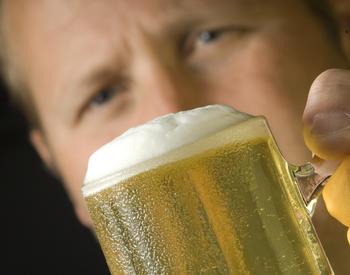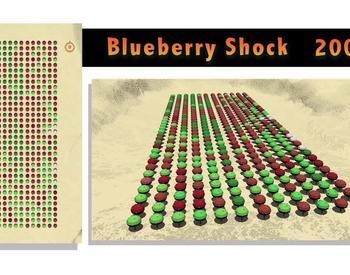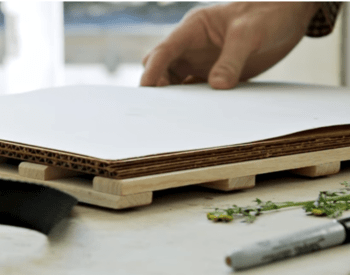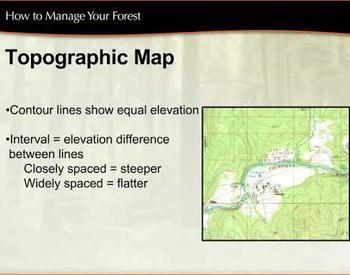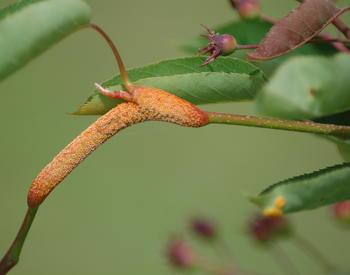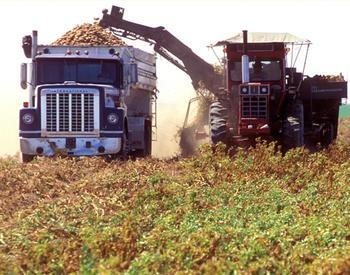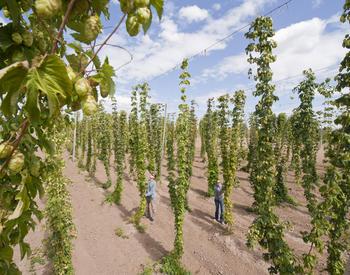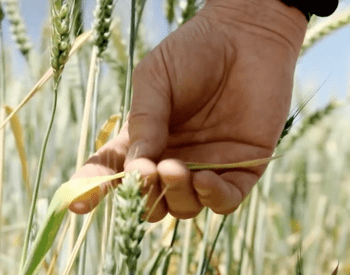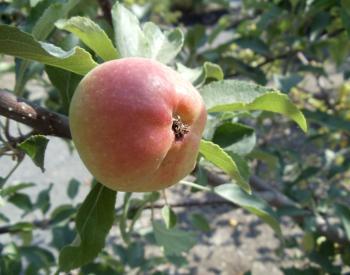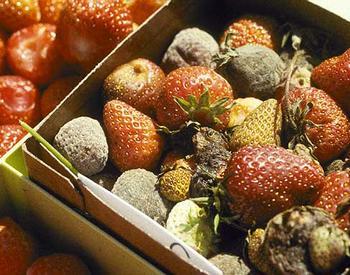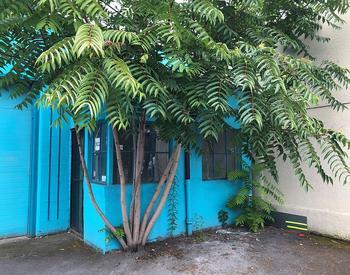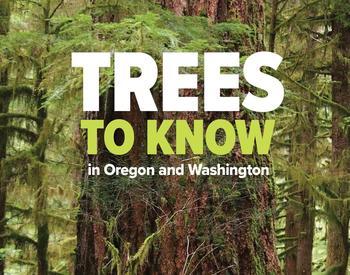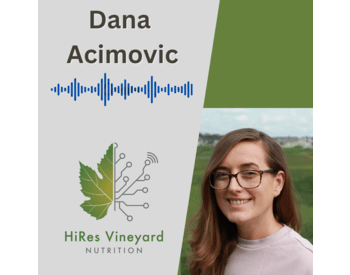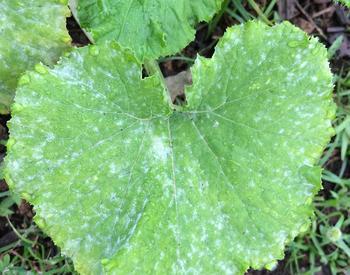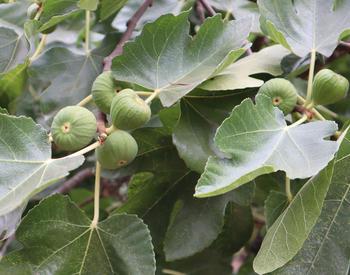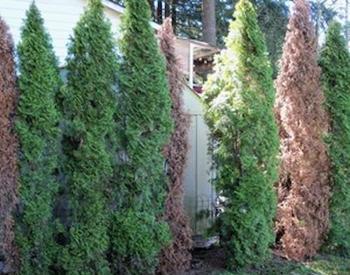[MUSIC PLAYING]
Hi, I'm Jay Pscheidt, Extension plant.
Pathology. specialist for Oregon State University.
I'm also associated with the Oregon Wine Research Institute.
For the last 30 years, we've been
testing a lot of different products for control
of diseases, such as grape powdery mildew and grape bunch
rot.
Over the years, we've probably tested several hundreds
of different kinds of fungicides, biologicals,
different kinds of techniques to control different diseases.
We're also testing different kinds of equipment.
So we do our work out here at the Botany and Plant Pathology
Field Laboratory because we can encourage
a lot of disease development.
This disease development would be
too much for a commercial grower to withstand.
But out here, we can use it on our test vines.
One of the projects that we have is
called the Intelligent Spray Systems Project.
In this project, we use laser-guided, air-assisted
technology to apply pesticides.
Basically, if there's no canopy there,
the nozzles are turned off.
If there's a canopy there, the nozzles are turned on.
So the Intelligence Spray Systems Project
includes six different universities and the USDA.
And it's all funded by a Specialty Crops Research
Initiative.
The components of the system include a LIDAR laser
to detect canopy, a Doppler radar to measure ground speed.
And this is all connected to computer algorithms
that calculate when to turn on these pulse nozzles or not.
The fan is going to start up first.
The nozzles won't be going.
But as soon as it detects a canopy,
then the nozzles will turn on.
Airflow will catch the pesticide from those nozzles
and then distribute it onto the canopy.
If there's no canopy there, the nozzles will turn off.
Now, as the spray is going down the road,
these are pulsed nozzles pulsing out the pesticide
out into the airstream to be deposited both on the leaves
and on the clusters.
So the Intelligent Spray Systems Project
has found a savings of about 50% on pesticide use
in the vineyard.
Not only that, but you're not filling up
your tank quite as much.
So you have a labor savings, as well.
And for those of you with not good access to water,
there's a savings on the amount of water
that's going in the vineyard, as well,
for pesticide application.
The groups pretty excited about the use and adoption
of this technology because we're going to save growers money.
And we're going to reduce the pesticide
impact into the environment.
[MUSIC PLAYING]
